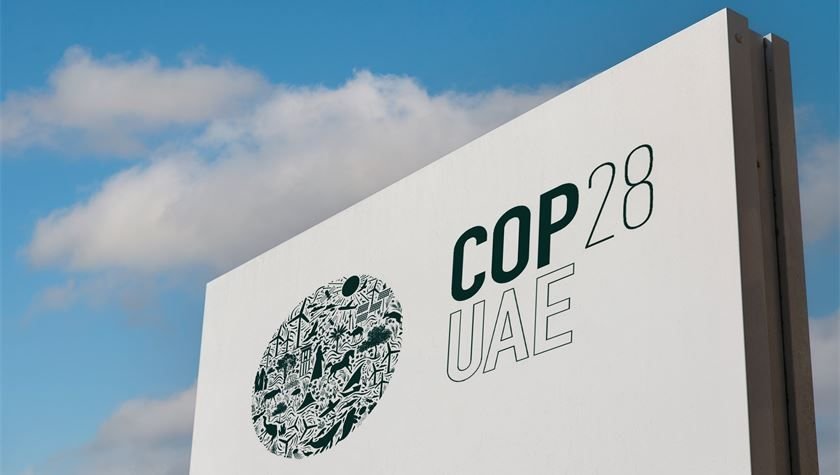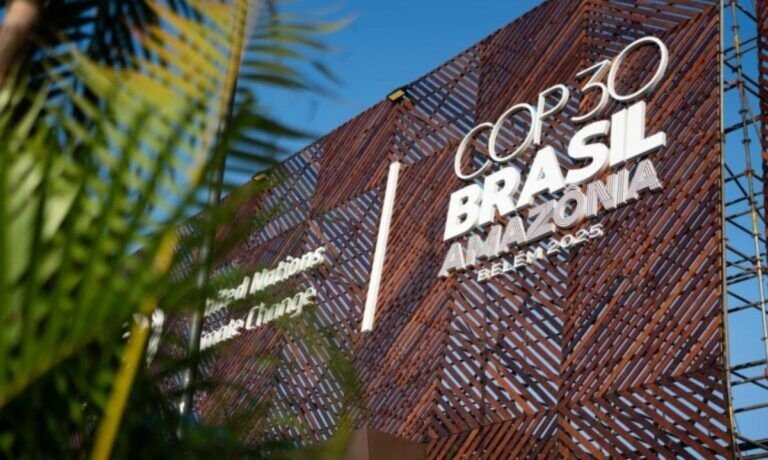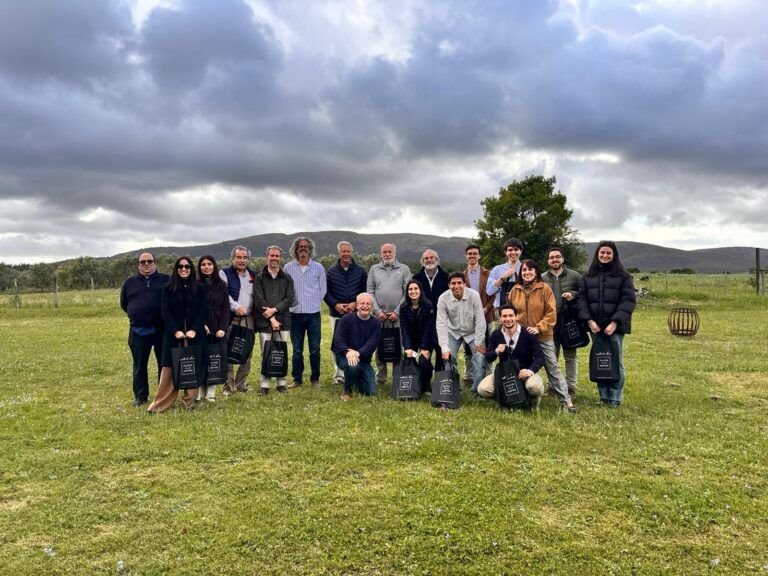From December 1 to 13, representatives from some 200 countries gathered in Dubai, United Arab Emirates, for the Conference of the Parties to the United Nations Framework Convention on Climate Change, COP28.
In this edition, as in previous ones, countries sought to reach agreements that allow significant progress towards achieving the central objective set in the Paris Agreement, signed in 2015: stopping the increase in global average temperature below 2 °C, and continue efforts to limit the increase to 1.5°C above pre-industrial levels.
This COP achieved significant progress: the approval of a roadmap for the “transition away from fossil fuels”, although it has not yet been possible to establish enforceable commitments for the withdrawal of coal, oil and gas.
Likewise, commitments were made to triple renewable energy capacity and double energy efficiency by 2030, and progress was made in relation to adaptation and financing, including the launch of the Loss and Damage Fund, although commitments in terms financial resources are still very limited.
GPS activity in the COPs has been growing steadily in recent years, accompanied by greater involvement of the private sector as well as regional institutions linked to agriculture, such as IICA.
With the understanding that the agri-food sector in the region (and, in particular, in Argentina, Brazil, Paraguay and Uruguay) can play a key role in addressing two of the great global problems of today, food security and mitigation of climate change, various events were organized during the COP.
On December 4 (Finance Day) a virtual session was held within the framework of the ICC (International Chamber of Commerce) platform whose title was “Capital costs, transition risks and the burden for developing countries” and which addressed, precisely , the impact of transition risks derived from arbitrary regulations and their impact on the increase in the cost of capital for developing countries, which are those that most require access to financing at a competitive cost. These countries, in general, are the ones that contribute the least to GHG emissions but, in many cases, they are penalized by these regulations.
Participaron del panel, que fue moderado por María Noel Sanguinetti (economist, member of GPS Uruguay), Martín Fraguío (Founding Member of GPS Argentina and Director Carbon Group), Roberto Azevedo (Founding Partner of YvY Capital and former Director of the WTO, Brazil) Diego Flaiban (Director of the Financial Sector for the Southern Cone of IDB Invest, Argentina).
The recording of the session can be seen at the following link.
Likewise, on December 10 (Agriculture Day), GPS co-organized two in-person events in Dubai.
Considering that sustainability is a complex field for companies and that new rules and regulations, as well as market demands, continually shape the local and international scenario, the first of them, organized jointly with ICC Argentina, was titled «Towards a Sustainable Trade Worldwide. Discussions among the Americas and Europe». The session proposed a discussion on opportunities and challenges that the agricultural and livestock sector has to overcome particularly in three main fields: new international standards and regulations to access international markets; systems reconversion; and sources of financing.
The opening of the session was carried out by Sandra Hanni (Global Policy Lead – Climate, ICC) and had the participation of Roberto Azevedo (former Director General of the WTO, President of the International Initiative for Brazilian Agribusiness and Founding Partner of YvY Capital), Marcos Pereda (Vice President of the Argentine Rural Society and member of the Board of ICC Argentina), Alex Peterson (Owner of Peterson Dairy, USA) and Mario Cerutti (Jefe de Relaciones Institucionales y Sustentabilidad de Lavazza Group, Italia), y fue moderada por Martín Fraguío (Miembro Fundador de GPS Argentina y Director Carbon Group).
The recording of the session can be seen here at.
On the other hand, that same day, at IICA's Sustainable Agriculture Pavilion of the Americas, a panel was organized on «Sustainability of Production Systems in Southern Cone Countries: Experiences and Developments in Argentina, Brasil, Paraguay and Uruguay» in which the progress of the joint project that the four countries are developing was presented, whose objective (in this first stage) is to characterize the productive systems and generate a common methodology that, in a later stage, will allow specific studies to be undertaken for each country within of a common framework and unified communication. The session presented the tasks and methodology of the process of integration and characterization of climate-smart production systems in the region, along with cases and practical application examples.
The session was presented by Francisco Lezama (Coordinator of the Uruguay GPS Forum) and had the participation of Marcelo Torres (Presidente de AAPRESID, Argentina), Daniel Vargas (Bioeconomy Coordinator of the Getulio Vargas Foundation, Brazil) and Ignacio Di Pascua (INAC Project Director, Uruguay). She was moderated by Mailén Saluzzio (Responsable de Relaciones Internacionales de AAPRESID, Argentina).
El video de la sesión puede verse en el at
Likewise, within the framework of the COP, GPS joined, along with other institutions, such as the Argentine Association of Direct Sowing Producers (AAPRESID), the Department of Forestry of the Michigan State University (MSU), Gold Standard, ACORN of Rabobank and Climate Focus, to the Voluntary Carbon Market Integrity Initiative (VCMI), promoted by IICA, whose objective is to support the access of agriculture in Latin America and the Caribbean to financing of voluntary and compliance carbon markets.



